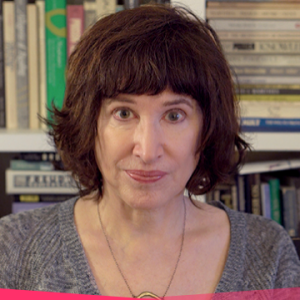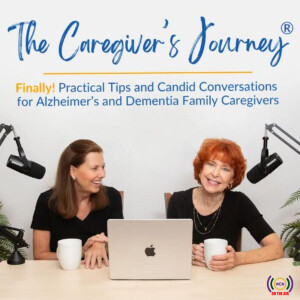

Laura Kipnis - Love, coupledom and infidelity
Throughout history, love became incorporated into institutions, which led to societal norms surrounding monogamous marriage and domestic coupledom.
About Laura Kipnis
"’I'm Professor emerita at Northwestern University, where I taught film.
I would call myself a cultural critic. I mostly write about cultural politics, sexual politics, aesthetics. I’m very interested in norms and their violation, transgression, people who get in trouble. I’m also interested in taboos and people who smash norms. So I like troublemakers, I guess."
Against Love
I wrote a book called Against Love. Some noted that it wasn’t so much against love as it was against marriage. It’s actually a very romantic book. However, the people it romanticised were adulterers attempting to escape the confines of domestic monogamy. They were striking out in bands of rebels and insurgents to create new cultures.
Throughout history, love became incorporated into institutions, which led to societal norms surrounding monogamous marriage and domestic coupledom. Although people wanted this monogamous norm, they eventually tried to resist and rebel against it.
Twenty years ago, when I wrote Against Love, I was interested in the defiance of those norms. I also felt more able to generalise about love than I do now. Sure enough, I think these things play out differently generationally. Over time, those norms have changed to some extent.
Key Points
• Economic factors are affecting marriage and coupledom, especially among younger generations. Many are turning to more alternative cohabiting arrangements.
• Activism formerly focused on sexual freedom; however, younger people are more interested in activism regarding gender fluidity, as they consider sexual freedom a given.
• Society has historically espoused coupledom for its socialising and disciplinary effects.
More Episodes
All Episodes>>Create Your Podcast In Minutes
- Full-featured podcast site
- Unlimited storage and bandwidth
- Comprehensive podcast stats
- Distribute to Apple Podcasts, Spotify, and more
- Make money with your podcast












